Certifying Bifurcations in ROMs via Deflated-Greedy Algorithms
Please login to view abstract download link
This presentation focuses on the development of tailored reduced-order models (ROMs) designed for bifurcating nonlinear parametric partial differential equations (PDEs). In this framework, multiple solutions can coexist for given physical/geometrical parametric values. Traditional certified reduced basis techniques struggle to accurately represent non-uniqueness phenomena, as error estimators become unreliable when bifurcations occur. Consequently, ROMs for bifurcating PDEs have always relied on compression strategies, such as proper orthogonal decomposition (POD) [1], or machine learning data-driven approaches [2]. The main goal of the talk is to propose a novel greedy algorithm for bifurcating systems based on the deflation strategy, a technique capable of finding the coexisting solution branches simultaneously [3]. These algorithms can (i) certify multiple behaviors of the system with an efficient exploration of the parameter space and (ii) identify the parameter responsible for the non-uniqueness of the solution through an adaptive strategy. The deflated-greedy method leverages several techniques, including deflation and continuation, to enrich the reduced space with bifurcating solutions. On the other hand, the adaptive-greedy approach exploits the non-differentiability of the solution as a function of the bifurcating parameter. The effectiveness of these strategies is tested on a classical benchmark defined by the Navier-Stokes equations in a sudden-expansion channel, featuring a symmetry-breaking phenomenon with three coexisting solution branches. The results are compared in terms of accuracy and error certification against state-of-the-art methodologies, e.g. standard greedy and POD. References. [1] Pichi, F., Strazzullo, M., Ballarin, F., Rozza, G., 2022. Driving bifurcating parametrized nonlinear PDEs by optimal control strategies: application to Navier–Stokes equations with model order reduction. ESAIM: M2AN 56. https://doi.org/10.1051/m2an/2022044 [2] Pichi, F., Ballarin, F., Rozza, G., Hesthaven, J.S., 2023. An artificial neural network approach to bifurcating phenomena in computational fluid dynamics. Computers & Fluids 254, 105813. https://doi.org/10.1016/j.compfluid.2023.105813 [3] Pichi, F., and Strazzullo, M., 2024. A deflation-based certified greedy algorithm for bifurcating nonlinear. PDEs, In preparation.

